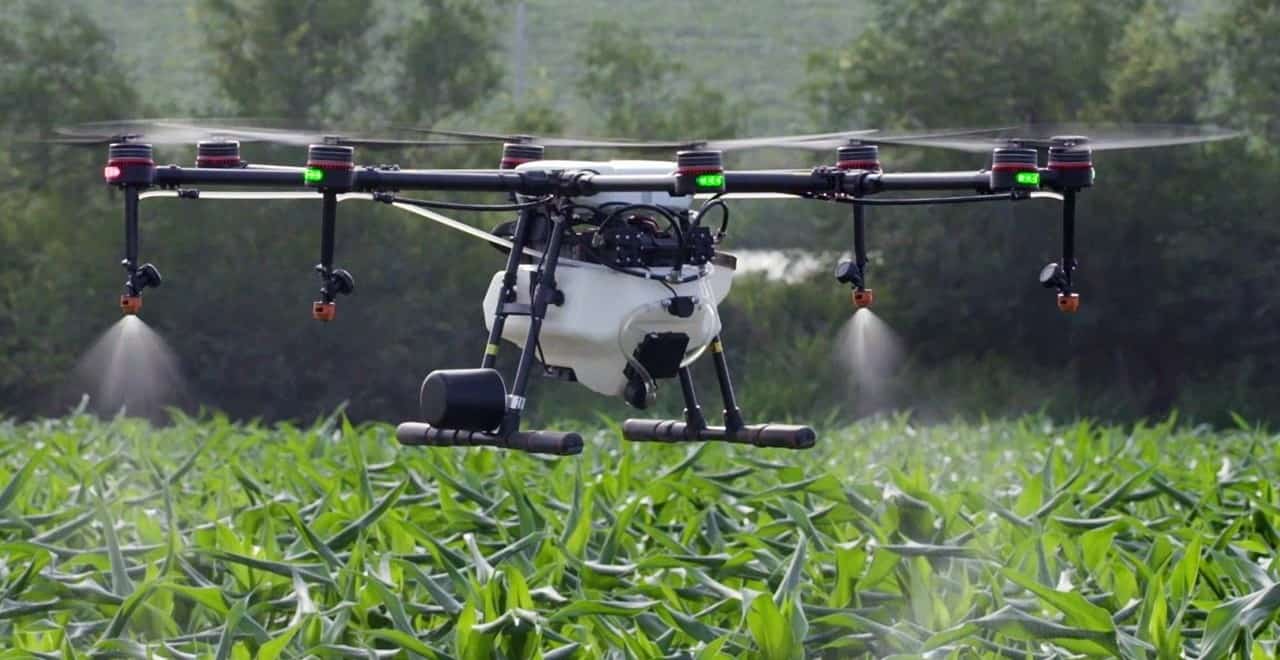Agricultural drones, also known as agricultural UAVs (Unmanned Aerial Vehicles), have emerged as transformative tools in modern farming practices. These drones equipped with advanced technologies are designed to revolutionize agriculture by enhancing productivity, optimizing resource management, and providing valuable insights into crop health. In this article, we will delve into the advantages and considerations of agricultural drones for sale, highlighting their potential to revolutionize the agricultural industry.
Advantages of Agricultural Drones
- Precision Farming: Agricultural drones enable precision farming practices by providing real-time data on soil conditions, moisture levels, and crop health. This data allows farmers to identify areas that require specific treatments, reducing the need for indiscriminate application of fertilizers and pesticides.
- Crop Monitoring and Health Assessment: Equipped with high-resolution cameras and sensors, agricultural drones can capture detailed images of crops. These images help farmers detect early signs of diseases, nutrient deficiencies, and pest infestations, allowing for timely interventions and improved crop health.
- Time and Cost Efficiency: Drones significantly reduce the time and labor required for manual crop inspection and monitoring. They cover large areas of farmland in a fraction of the time, enabling farmers to make data-driven decisions efficiently. Moreover, reduced manual intervention translates to cost savings for farmers.
- Yield Prediction: By collecting data on plant count, flowering patterns, and overall crop health, agricultural drones can assist in yield prediction. This information empowers farmers to anticipate harvest volumes, facilitating better planning and market forecasting.
- Water Management: Agricultural drones can assess soil moisture levels across fields, enabling optimized irrigation practices. Efficient water management not only conserves this precious resource but also prevents overwatering, leading to healthier crops and higher yields.
Considerations for Purchasing Agricultural Drones
- Budget and Affordability: The cost of agricultural drones can vary significantly based on features and capabilities. Farmers should carefully assess their budget and prioritize features that align with their specific needs.
- Payload Capacity and Sensors: Different agricultural drones come with varying payload capacities and sensor options. Choosing the right combination of sensors (e.g., multispectral, thermal) depends on the type of data required for specific farming practices.
- Flight Time and Range: Longer flight times and extended range capabilities are advantageous for large-scale farming operations. Farmers should select drones with sufficient flight endurance to cover their entire farmland.
- Ease of Use and Training: Farmers with little to no experience in drone operation should consider models that are user-friendly and require minimal training. Ensuring ease of use can maximize the benefits of incorporating drones into agricultural practices.
- Regulatory Compliance: Farmers must be aware of the local regulations and restrictions surrounding drone usage. Compliance with aviation authorities’ rules is essential to avoid legal complications.
Agricultural drones have proven to be powerful assets in modern farming, with the potential to revolutionize the way we cultivate crops. By offering precision insights, crop monitoring, and improved resource management, these drones can enhance farm productivity and sustainability. However, farmers should carefully evaluate their specific needs, budget, and regulatory requirements before purchasing agricultural drones for sale. With the right choice and implementation, agricultural drones can become indispensable tools in the quest for more efficient and sustainable agriculture.










